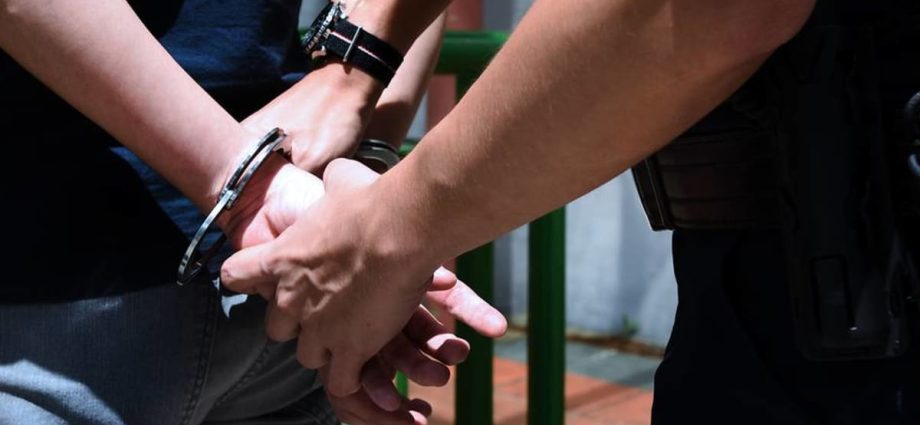
POWERS OF SEARCH AND INVESTIGATION
The Bill seeks to “update and enhance” the powers of the police and other law enforcement agencies, including their powers of arrest, search and investigation, the ministries said in a media release.
This will better equip them to combat crime and lead to greater operational efficiency, they added.
For instance, the police will be empowered to conduct a search without a warrant when they have reason to believe that a suspect implicated in an arrestable offence possesses or has power over evidence.
Currently, police officers can only conduct a search without a warrant if they believe a person will not, or is unlikely to, produce the evidence in the face of a production order.
Uncooperative suspects can hamper investigations by delaying searches and tampering with evidence, the ministries said.
During a media briefing on Monday, Law and Home Affairs Minister K Shanmugam told reporters that it is not easy for police officers on the ground to determine whether a suspect will comply.
Mr Shanmugam said: “There is no downside to this amendment because if they search and they find the evidence, or if they do not find the evidence, no one is worse off.
“And, if challenged, the police will show you why they reasonably suspected the person to have the evidence. This would make things easier for the police and law enforcement agencies on a day-to-day basis.”
Under the Bill, obstructing a police officer from conducting a lawful search will be an arrestable offence as well. Those convicted could be jailed for up to six months or fined up to S$5,000 (US$3,750), or both.
A body corporate, limited liability partnership, partnership or an unincorporated association that is convicted of the offence could be fined up to S$10,000.

